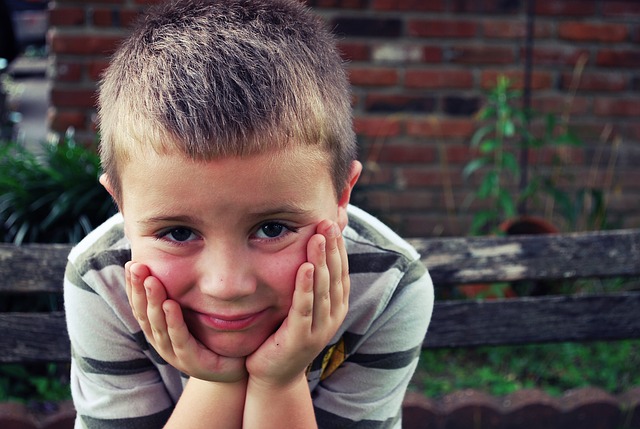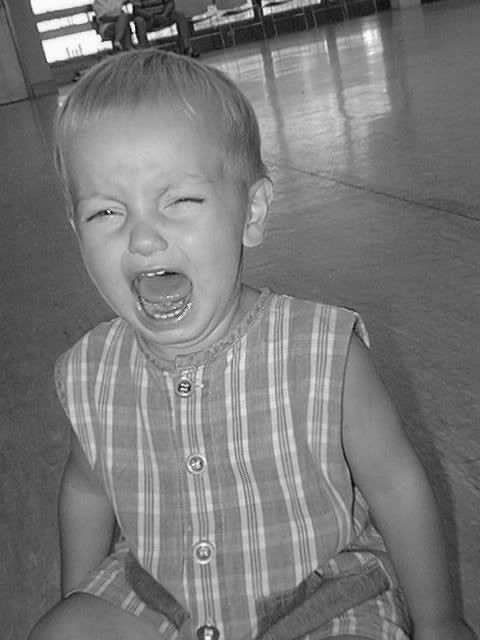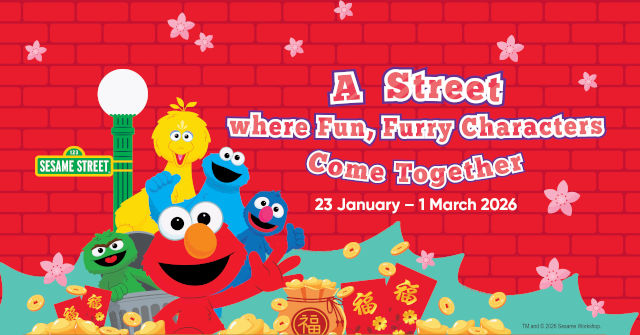Reflections About The Ways We Manage Our Children’s Behavior
Positive Discipline vs Punishment
Have you ever thought about the way you manage your child’s misbehaviour? Do you use punishment or positive discipline? Durrant (2007) highlighted that “Positive discipline” is a non-violent and respectful way of supporting the child as a learner. Positive discipline is a process. It’s about helping children to learn appropriate behaviours through starting with small achievable goals and working towards the desired goal.

Punishment focuses on past misbehaviour. Although children may learn about what behaviour is acceptable and what behaviour is not acceptable, they do not get help in working towards the desired behaviour. Usually, the person who punishes the child becomes responsible for the child’s behaviour and very often when the person is not there, the misbehaviour will present itself again and again. For those children who are frequently punished, they may get the wrong message that those people whom they depend on the most for love and care can also inflict physical and psychological pain on them.
⇒ Related Read: Is It Okay to Discipline a Child?
In positive discipline, expectations, rules and limits are communicated to the child. After which, parents really need to be consistent and persistent in adhering to those conditions that they have set. If the behaviour is undesirable, it has to be communicated in the same way at all times. Were there instances where you were tired after a hard day’s work and gave in to your child’s undesirable behaviour? When that happens, your child may learn that undesirable behaviour is acceptable at different times of the day or based on the moods of his / her parents.
Positive discipline is more than making your child faced the consequence of his behaviour. It’s about finding out the reasons why your child is misbehaving and teaching the child what he can do to meet his own needs without resorting to using the unpleasant behaviours. Never suggest a reward or consequence to a behaviour that you will never be able to fulfill. Never make empty promises. Your child will learn that parents do not mean what they say and that control over your child’s behaviour would be lost.

Have you ever thought about your own reaction to your child’s behaviour? McVilly (2002) noted that what we think about behaviour affects the way we feel and react to that behaviour. If you think that your child is purposely exhibiting that behaviour to irritate you or if your child’s behaviour is caused by tiredness, your response to the same behaviour in both situations will be very different. Check to make sure that it is not a physical problem.
⇒ Related Read: Child Misbehavior 101
I remembered the time when my son was in Primary 1 and the teacher complained that he was uncooperative as he was not taking down notes as instructed. I immediately took him to the optician and we realized that he was short-sighted. After his sight was corrected, the ‘misbehaviour’ went away. His uncooperative behaviour was actually due to the fact that he couldn’t see. This example goes to tell us that it is very crucial that parents get to the root of the problem so that they can apply the appropriate support for their children.
Contributed by Little Neuro Tree.
Like what you see here? Get parenting tips and stories straight to your inbox! Join our mailing list here.
Want to be heard and seen by over 100,000 parents in Singapore? We can help! Leave your contact here and we’ll be in touch.















































